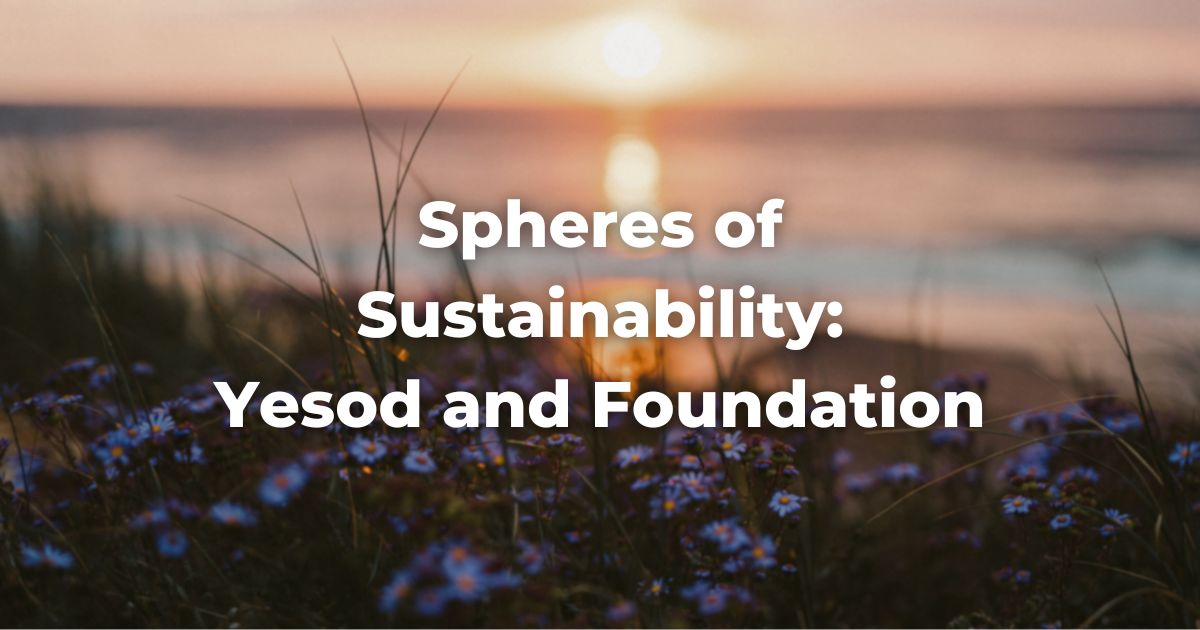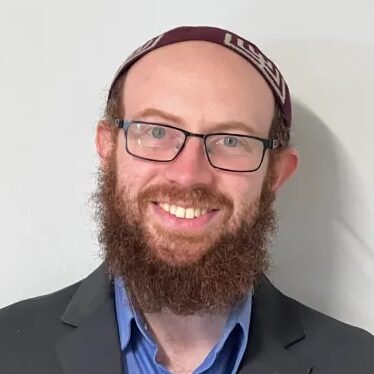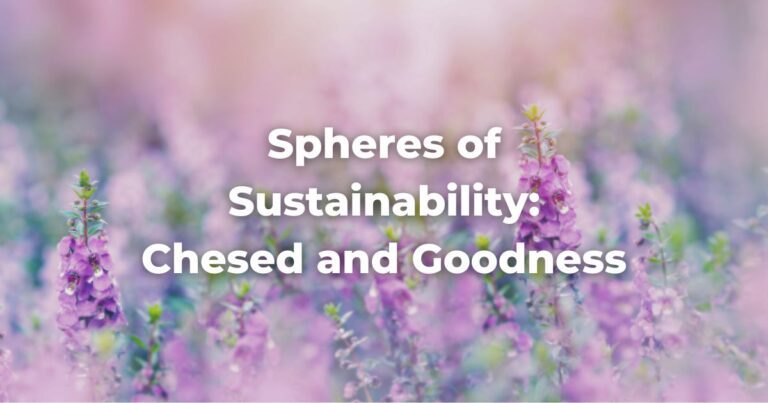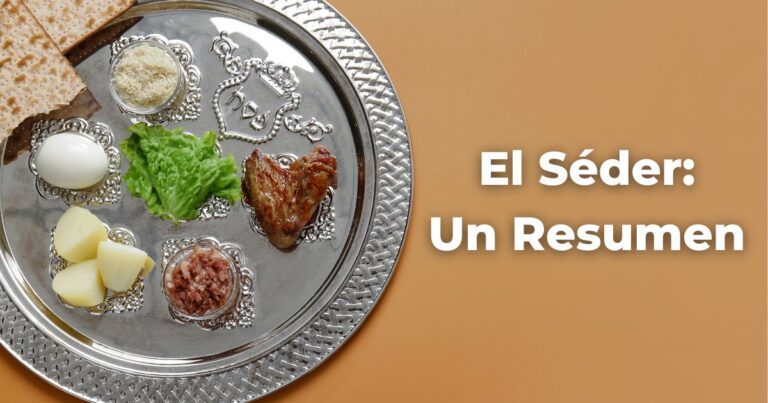Each week during the period of the Omer, the seven weeks between Passover and Shavuot, we can deepen our collective actions for caring for the earth. These teachings are disciplines that speak to the head, heart, and hand, corresponding to the three pillars on which the world stands: Torah (Learning), Avodah (service), and Gemilut Hasadim (lovingkindness) (Pirkei Avot 1:2). Take these words, share them, teach them, adapt them, pursue them. Check out the full series here.
Yesod, which colors this sixth week of Sefirat Ha’Omer, constitutes a liminal space between the physical world and the spiritual world.
When kabbalists have drawn charts to demonstrate the mystical map of God’s ethereal ‘body,’ Yesod has always hovered just one rung above the lowest of the sefirot, Malkhut.
While Malkhut (the lowest sefirah, the realization of the material world, associated with next week) represents the nexus between the spiritual world and the tangible reality of human experience, Yesod constitutes the first spiritual plane that a Jew may encounter on a mystical journey ascending into God’s heavenly realms.
Yesod, which can mean “base,” both prepares us to remove ourselves from our physical existence and invites us to meditate on that which is familiar and roots our life experiences.
In his work Sha’arey Orah (שַׁעֲרֵי אוֹרָה, “The Gates of Light”), Rabbi Joseph Gikatilla of 13th-14th century Spain called Yesod by several names that evoke the positive, the lively, and the familiar:
- El Chai (אֵל חַי, “the Living God”)
- Mekor Mayim Chayyim (מְקוֹר מַיִם חַיִּים, “the Source of Living Waters”)
- Tov (טוֹב,”Goodness”)
- Shalom (שָׁלוֹם,”Peace”)
- Kol (כֹּל, “All”)
- Zeh (זֶה,”This”)
- and Berit (בְּרִית, “Covenant”) among many other epithets
Connecting with the divine when we contemplate Yesod allows us to rise above our earthly grounding and to reconsider the world from a “bird’s-eye view,” to ask questions about “the bigger picture.”
Head
Yesod shares a special bond with Malkhut. When envisioning God’s non-corporeal ‘body,’ kabbalists have typically associated Yesod with the phallus (representing the spiritual) and Malkhut with the womb (representing the material).
Unsatisfied with a metaphor implying that all happy spiritual/material pairings involve one male partner and one female partner, kabbalists occasionally imagined the ‘maleness’ of Yesod partnering with masculine aspects of Malkhut.
Either way, such a vision suggests that spirituality and reality must be joined in order for God—or for us—to experience true joy.
When we permit our minds to travel from the material world of Malkhut to the mental landscape of Yesod, we participate in the cosmic dance of heaven and earth, of fantasy and reality, of ideals and practice.
As we contemplate a world that needs our protection and care, Yesod’s interconnection with Malkhut whispers to us a bold secret: the only reason we can ever advocate for the loftiest of goals is because God gifted us an Earth where we can transform our ideas into actions.
To work towards improving this world is to wed the best of human potential with the most Divine of gifts, to break down the wall that separates human limitations and Divine power, and to heal the world into a planet healthier than the one we now inhabit.
Heart
In his 16th-century piyyut (פִּיּוּט, ‘prayer-poem’) “Lekhah Dodi” (לְכָה דוֹדִי, “Come My Beloved”), now sung by Jewish communities across the world nearly every Friday night, Rabbi Shelomoh HaLevi Alkabetz in Safed urged us to consider the mystical connotations of God speaking two words, “Preserve” and “Remember,” in a single utterance (“שָׁמוֹר וְזָכוֹר בְּדִבּוּר אֶחָד” Shamor vezakhor bedibbur echad).
Our Israelite ancestors who recorded God’s “Ten Utterances” spoken at Sinai (עֲשֶׂרֶת הַדִּבְּרוֹת, Aseret HaDibberot, commonly called the “Ten Commandments” in English) preserved for us two versions: one recorded in Exodus 20:1-14 and another in Deuteronomy 5:6-18. Whereas the Deuteronomic version instructs God’s people to “Preserve/Observe the day of Shabbat” (“שָׁמ֛וֹר אֶת־יוֹם הַשַּׁבָּת,” shamor et yom hashabbat), the Exodus text commands: “Remember the day of Shabbat” (“זָכוֹר אֶת־יוֹם הַשַּׁבָּת,” zakhor et yom hashabbat). Our collective memory attests that God commanded simultaneously both Shamor (“שָׁמוֹר,” “Preserve”) and Zakhor (“זָכוֹר,” “Remember”).
This split in the divine voice that somehow enunciated both Shamor and Zakhor excited kabbalists.
The sages of the Zohar located in the word Zakhor (remember) the root of the Hebrew word זָכָר (zakhar, “masculine”), suggesting the male potency of Yesod, and associated the word Shamor with God’s feminine energy (Zohar II: 118b), thereby adjoining Shamor to Malkhut.
Whenever we sing “Lekhah Dodi,” we celebrate Shabbat as the wedding of Yesod to Malkhut, but we can only dance at God’s wedding if we can celebrate nature as an utterly Godly phenomenon.
Though gravity pulls our feet down to the earth we feel in Malkhut, the Jewish soul rises to Yesod to attest that God is here among us, in nature. What greater gift can we give God than to commit to caring for the proof of God’s glory on earth?
Hand
Yesod, the second lowest of the sefirot, is the first destination in a kabbalist’s mystical ascent.
To imagine ourselves on a vertical hike with the sole intention of meeting God “face-to-face” shortchanges our own faculties as human beings.
The kabbalistic ladder of sefirot tempts us not only to attempt to comprehend more deeply God’s indescribable essence along each step of the way, but also to latch onto each subsequently ‘higher’ middah. Doing so allows our moral capacity to exceed the ethical shortcomings that we exhibit both as individuals and as a species.
This week, think of a truly good action for the Earth that you have never tried before.
Never forgetting that we desire a world of Shalom, allow your encounter with Yesod to instill in you the courage to perform a bold act that you know can better this earth.
Advocate for a compost bin where there is none; plant a native species; invest in a rain barrel. Transform a high-minded value from Yesod into action on Earth.
Author
-

Rabbi Jonah Rank is the President and Rosh Yeshivah of Hebrew Seminary: A Rabbinical School for Deaf & Hearing.




